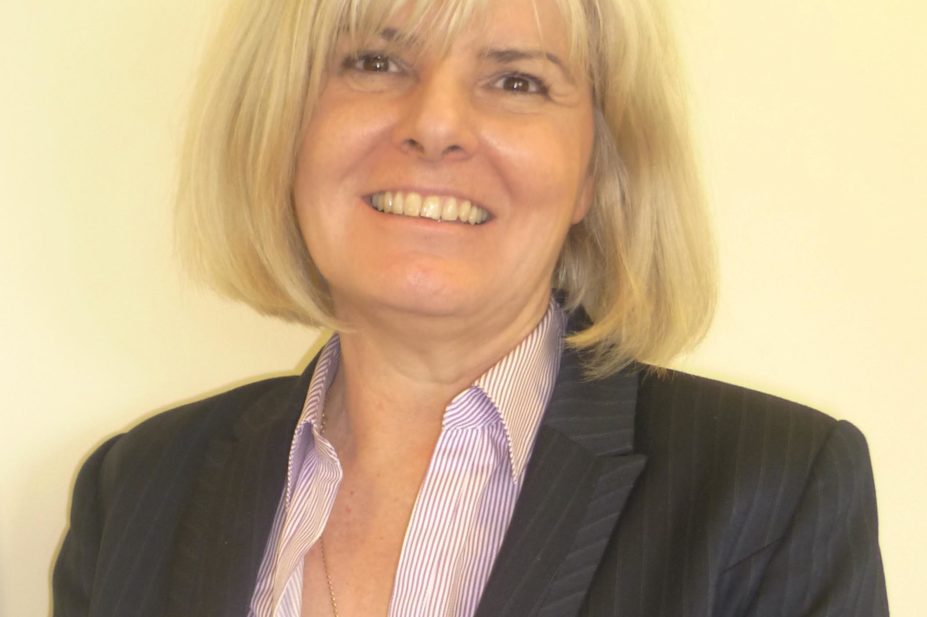
Antimicrobial resistance is a huge global public health challenge and without effective antibiotics more serious infections will be untreatable, with potentially fatal consequences.
Concerted action is now needed by health professionals, the general public and all appropriate health bodies to tackle resistance and help maintain the effectiveness of antimicrobials for our future.
Working together to combat an issue like antimicrobial resistance requires resolve and a change of culture. The Royal Pharmaceutical Society’s (RPS) role as a leadership organisation is to demonstrate this approach to the profession.
Recently, RPS Wales worked with the Royal College of General Practitioners (RCGP) Wales to hold a lunchtime discussion with Welsh Assembly Members (AMs) on the use of antibiotics in primary care.
AMs who attended the discussion — held on European Antibiotic Awareness Day, 18 November 2014 — said they felt better informed about the threat from antimicrobial resistance and were grateful we had come together as primary care professionals to highlight the issue.
The event showed the scale of the challenge and explained there is no simple solution: we all need to work together to solve this problem.
Why? We need a united voice and one message to ensure busy health professionals understand what needs to be done.
How? This is less straightforward. As leadership bodies, the RPS, RCGP and the Royal College of Nursing regularly discuss how we can support patients to achieve the best care and address their needs.
For instance, we have jointly worked on promoting independent prescribing and the flu vaccination service, and have issued joint statements on sharing patient information. We have also held joint conferences and symposia to encourage networking, sharing and learning across the professions.
Joint statements and conferences are a necessary part of working together. But they won’t bring about change by themselves.
In 2012, the RPS and RCGP published a joint statement, ‘Breaking down the barriers – how community pharmacists and GPs can work together to improve patient care’. In November 2014, the Health and Social Care Committee (HSC) in Wales called for better joint working between community pharmacists and GPs “to fully develop and utilise community pharmacy”.
It’s easy to understand HSC’s frustration; change is slow, especially at the local level. In many cases, GPs and pharmacists still work in isolation.
Change only happens through force of will. We are doing our part by talking and working together as leadership bodies. But it’s not just about national initiatives. It’s about the seemingly insignificant decisions made by each health professional every day.
Each community pharmacist has an opportunity to break down barriers with their local GP practice, and improve their working relationship with other health professionals.
Face-to-face meetings with other health professionals, organised through local practice forums, could help improve understanding and cooperation, enabling us to work together on antimicrobial resistance and other issues locally.
The Welsh Parliamentary reception showed how much more we can achieve when we work together with our colleagues across the professions.
Sharing opinions and solving issues together works in everyone’s interests.
You may also be interested in
Long service of members

Membership fees 2022
